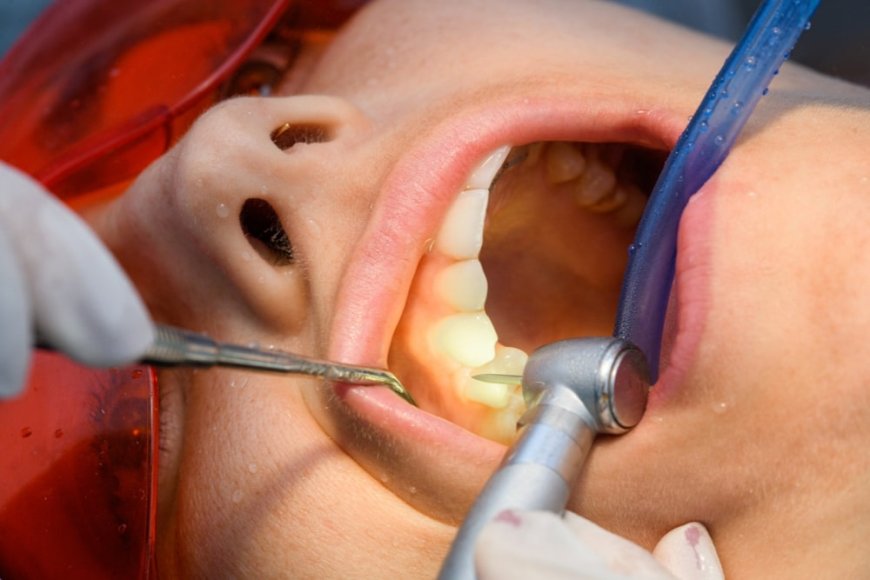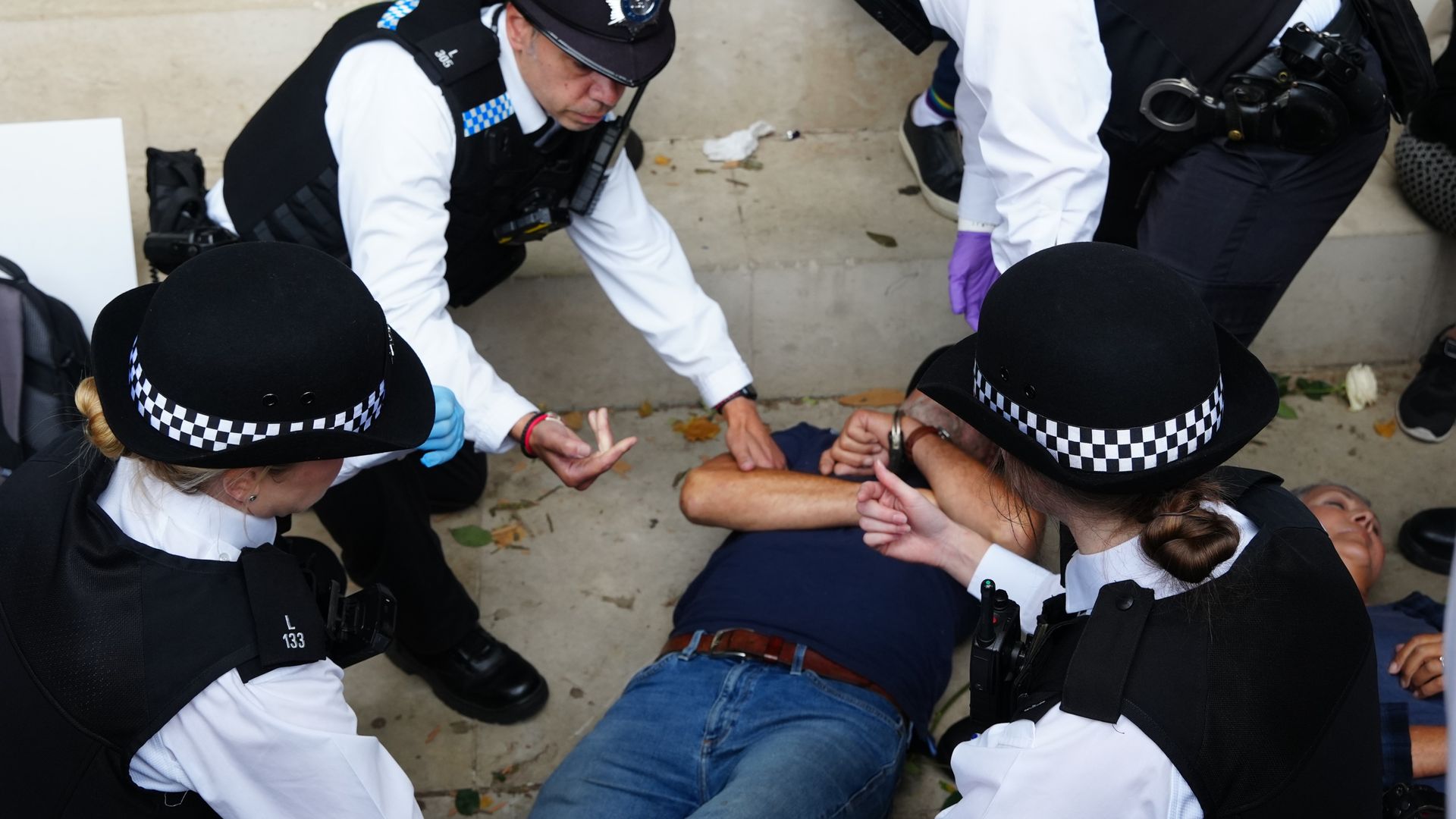Post-Treatment Care: Protecting Your Tooth After a Root Canal
Root canal treatment saves infected teeth by removing damaged pulp, cleaning the root canals, and sealing them to prevent further infection.

A root canal treatment is one of the most effective ways to save a severely infected or damaged tooth. It not only eliminates the pain but also preserves the natural structure of the tooth. However, the journey to full recovery doesn’t end when the procedure is over. Proper post-treatment care plays a crucial role in ensuring the long-term success of your root canal and preventing further complications.
If you’ve recently undergone a Root Canal Treatment in Islamabad or are planning to get one soon, understanding how to protect your treated tooth afterward is essential. This guide outlines the key steps and practices you should follow to promote healing and maintain your oral health.
Why Aftercare Matters
After the root canal, the infected pulp is removed, and the interior of the tooth is cleaned and sealed. Although the infection is gone, the tooth itself becomes more brittle and vulnerable without the living tissue inside. This makes post-treatment care important for the following reasons:
-
To prevent re-infection
-
To reduce inflammation and pain
-
To avoid damaging the restored tooth
-
To ensure long-term tooth stability
Ignoring aftercare instructions can result in discomfort, complications, or the need for further treatment.
Immediate Care After the Procedure
1. Rest and Recovery
While many patients can resume normal activities soon after the root canal, it’s wise to take the rest of the day off to allow your body to heal. Avoid strenuous activities and give yourself time to recover, especially if sedation or anesthesia was used.
2. Wait Until Numbness Wears Off
You may feel numb for a few hours after the procedure. Avoid chewing until the numbness completely subsides to prevent accidentally biting your tongue or cheek.
3. Take Prescribed Medications
Your dentist may prescribe antibiotics to prevent infection or pain relievers to manage discomfort. Follow the instructions precisely, and don’t skip doses. Over-the-counter medications like ibuprofen can also help with swelling or tenderness.
Eating and Drinking Post-Treatment
What you consume after your root canal has a direct impact on your healing process.
Avoid Immediately After the Procedure:
-
Hard or crunchy foods
-
Extremely hot or cold beverages
-
Sticky or chewy snacks
-
Alcohol and carbonated drinks
Best Food Choices Include:
-
Smoothies and yogurt
-
Mashed potatoes or soft rice
-
Scrambled eggs
-
Soup (lukewarm)
-
Steamed vegetables
Always chew on the opposite side of the treated tooth until your dentist finalizes the restoration (usually with a permanent crown).
Oral Hygiene Routine
Maintaining a good oral hygiene routine after a root canal is vital for preventing future infections. Here’s what you should do:
-
Brush twice daily with a soft-bristled toothbrush.
-
Floss gently around the treated area to remove trapped food particles.
-
Rinse with an antibacterial mouthwash if recommended by your dentist.
-
Avoid aggressive brushing directly over the temporary filling to prevent dislodging it.
Keeping the area clean helps speed up the healing process and reduces the risk of further complications.
Temporary Filling vs. Permanent Restoration
Many patients leave the dental office with a temporary filling or restoration. This is a short-term measure to protect the tooth until the final crown is placed.
Important Tips:
-
Don’t delay your follow-up appointment for permanent restoration.
-
Be extra cautious with the temporary filling—it can crack or fall out.
-
Avoid using the treated tooth for biting hard substances.
The permanent crown not only strengthens the tooth but also restores its full functionality.
Managing Discomfort and Sensitivity
Mild soreness, sensitivity, or discomfort after a root canal is normal and usually subsides within a few days. It can result from inflammation or the healing of surrounding tissues.
To manage discomfort:
-
Take pain relievers as directed.
-
Use a cold compress on the outside of your cheek to reduce swelling.
-
Sleep with your head slightly elevated to minimize pressure.
If the pain worsens after several days or if swelling continues, consult your dentist promptly.
Signs That Require Immediate Attention
While most root canal procedures go smoothly, it’s important to watch for warning signs of complications. Contact your dentist if you experience:
-
Severe or increasing pain beyond a few days
-
Swelling around the treated area or face
-
Fever or chills
-
A foul taste or discharge in your mouth
-
Cracked or broken temporary restoration
These symptoms may indicate infection or other issues that need urgent evaluation.
Long-Term Tooth Protection
Even after successful treatment and crown placement, the treated tooth requires extra care:
-
Avoid biting hard objects like ice, pens, or nails
-
Wear a mouthguard if you grind your teeth at night
-
Avoid using the treated tooth to open packages
-
Visit your dentist regularly for check-ups and cleanings
Preserving your root canal-treated tooth long-term depends on adopting these protective habits consistently.
Preventing Future Root Canals
While a root canal saves your natural tooth, the best approach is always prevention. You can reduce the risk of needing another one by:
-
Brushing and flossing daily
-
Limiting sugar intake and acidic foods
-
Wearing protective gear during sports
-
Treating cavities or trauma early before they escalate
-
Visiting the dentist every 6 months for routine care
Oral hygiene and timely dental care are key to avoiding future root canal treatments.
Conclusion
Taking care of your tooth after a root canal is crucial for healing, durability, and comfort. With the right post-treatment care—including good hygiene, mindful eating, and timely follow-up—you can ensure the treated tooth remains strong and functional for many years to come.
For patients seeking reliable and professional care, SKN Cosmetics clinic offers expert Root Canal Treatment in Islamabad. Their experienced dental team provides not only the procedure itself but also thorough aftercare guidance to help you achieve optimal results.
What's Your Reaction?
 Like
0
Like
0
 Dislike
0
Dislike
0
 Love
0
Love
0
 Funny
0
Funny
0
 Angry
0
Angry
0
 Sad
0
Sad
0
 Wow
0
Wow
0


































